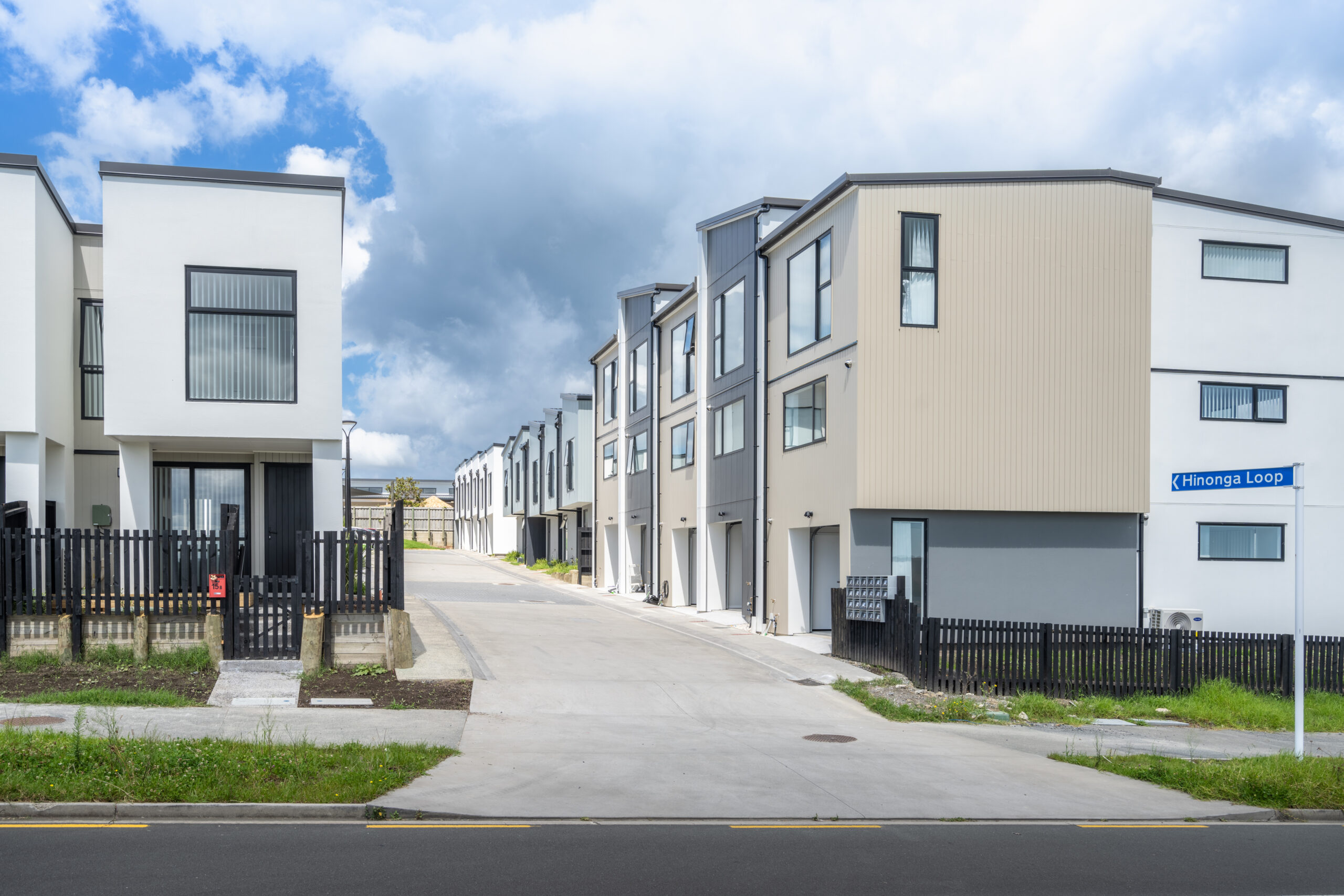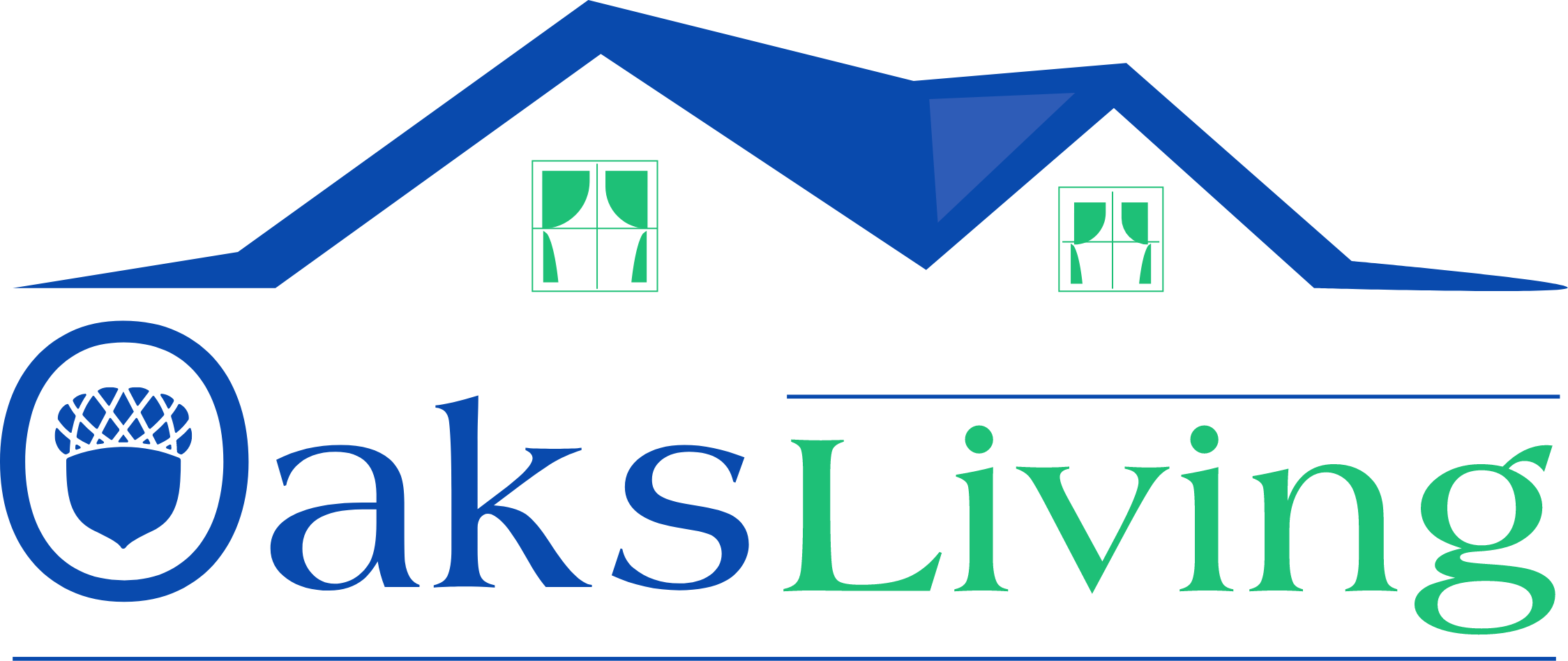
Commercial Vs Residential Property Investment: Which Path is Best?
Many Kiwi investors know they should invest in property but feel overwhelmed when choosing between commercial vs residential property investment options.
Oaks Living has guided countless investors through this exact dilemma. Our experience developing modern, investment-ready homes in Auckland’s key growth areas has shown us which path consistently delivers the better results for everyday investors. Let’s break down the differences between commercial and residential property investment.
What is Commercial Property Investment?
With commercial property investment, you purchase buildings or land used for business purposes to generate rental income and capital growth. This includes office buildings, retail spaces, warehouses, industrial facilities, and shopping centres.
Unlike residential properties, commercial investments typically require significantly higher upfront capital—often $500,000 to several million dollars. They also involve longer, more complex lease agreements with business tenants.
Investors typically deal with professional property managers and corporate tenants who sign multi-year contracts to create potentially stable income streams. Still, substantial market knowledge and financial resources are needed to get started.
Commercial properties are valued differently from residential ones, based on their income-generating potential rather than comparable sales; they’re more complex to analyse and manage efficiently.
What is Residential Property Investment?
When investing in commercial vs residential real estate, residential property investment involves buying homes, apartments, or townhouses to rent out, while the property hopefully grows in value over time.
Here’s the thing—residential investment is way more accessible than commercial. You can get started with a 20-30% deposit, so we’re talking $100,000 – $200,000 rather than half a million or more upfront. You’ll earn money back through weekly rent, and while tenants may only stay for 6-12 months at a time, there’s always demand for housing in Auckland.
The best part is that residential property investment is fairly straightforward. You can easily check what similar homes in the area have sold for, and since most of us have rented before, you already understand what tenants want. It’s the perfect way to start building wealth through property without needing a financial degree.
Investing in Commercial Vs Residential Real Estate: Side-by-Side Comparison
When asking ‘is it better to invest in commercial or residential property?’, the answer often comes down to these key differences
Initial Investment Requirements
Commercial Property: You’re looking at serious upfront investment requirements—typically 30-40% deposits on properties with anywhere from $500,000 to several million. On top of the high deposit, you must also consider legal fees, due diligence costs, and other expenses that can easily add another $50,000 – $100,000.
Residential Property: Much friendlier for most investors, residential properties generally require a 20-30% deposit. For an Auckland property worth $1,000,000, you’re looking at $200,000 – $300,000 to get started. New builds also often qualify for lower deposit requirements.
Rental Income Potential
Commercial Property: Investors can see higher rental yields with long-term leases running for 3-10 years. Your income is more predictable, but finding new tenants when leases end can take months.
Residential Property: While yields are lower in comparison, consistent demands lead to shorter vacancy periods. Plus, you can increase rent annually, and there’s always someone looking for a place to live.
Management Complexity
Commercial Property: You deal with business leases, commercial law, property managers, and corporate tenants with specific needs. It’s a full-time commitment, unless you hire a professional manager.
Residential Property: Fairly straightforward—there are basic tenancy agreements, routine maintenance, and dealing with everyday needs. Most investors can handle it themselves or easily find property managers to help.
Risk Factors
Commercial Property: When businesses struggle or close, you may face long vacancy periods. Economic downturns hit commercial properties harder, and your tenant pool is much smaller.
Residential Property: People always need somewhere to live. Even in tough times, residential demand remains stable, especially in major growth areas like Auckland.
Is it Better to Invest in Commercial or Residential Property?
Commercial Property Advantages
- Higher yields (4-6%) that beat most residential properties
- Long-term leases with contracts often lasting 3-10 years require less tenant hunting
- Professional tenants can often handle their own maintenance
- You can negotiate built-in rent increases upfront
Commercial Property Disadvantages
- Massive upfront costs require hundreds of thousands to millions of dollars
- Long vacancy periods can leave you without income for months when businesses leave
- Economic downturns hit commercial investments the hardest (think COVID-19)
- Complex management—solicitors, property managers, accountants—further drives up costs
Residential Property Advantages
- Lower entry barrier—often between $200,000 – $400,000, rather than millions
- Consistent demand ensures minimal vacancy, as everyone needs a home, even during recessions
- The speed and ease of finding tenants in Auckland’s market reduces vacancy periods
- Basic tenancy agreements and straightforward maintenance are simpler to manage
- Auckland’s population growth drives long-term value increases
- Government incentives for new builds offer tax advantages and lower deposit options
Residential Property Disadvantages
- Lower rental yields than commercial investment returns
- Most tenants stay just 6-12 months, requiring more turnover management
- Unless you hire a property manager, you’ll deal with maintenance calls and tenant issues personally
- Residential tenants can be more demanding than business clients
Which Investment Strategy Works for You?
For Beginners: Start with Residential
When you’re new to property investment, considering commercial vs residential property investment typically presents a clear answer: start with residential. Auckland’s residential market offers consistent demand and serious long-term wealth potential. Plus, starting with a property with manageable deposits makes more sense, as commercial properties demand much higher upfront deposits.
You already understand the basics from renting, the market is simple to research, and you’re not dealing with complex commercial legal requirements. A $1 million townhouse offers a far less risky learning opportunity than a $5 million office building.
For Experienced Investors: Consider Your Goals
If you’ve already built a residential portfolio, consider the benefits of investing in commercial vs residential real estate for your next move. The answer will depend on your capital and risk tolerance.
Consider commercial if you have over $500,000 for deposits, want higher yields, and can manage the complexity. You’ll need professional support, but long-term leases can provide predictable income.
However, many experienced investors still choose to stick with residential. As Auckland’s growth continues, the population increases, and infrastructure developments drive demand. The smart approach? Diversify gradually—consider adding one commercial property while building your residential base or exploring alternative residential markets.
Start Your Residential Investment Journey with Oaks Living
So, is it better to invest in commercial or residential property? For most investors, residential offers the most straightforward path to wealth.
As Auckland’s trusted property investment company, Oaks Living specialises in modern, investment-ready developments across the city’s growth areas—perfectly positioned for rental income and capital appreciation. Discover our investment opportunities.

